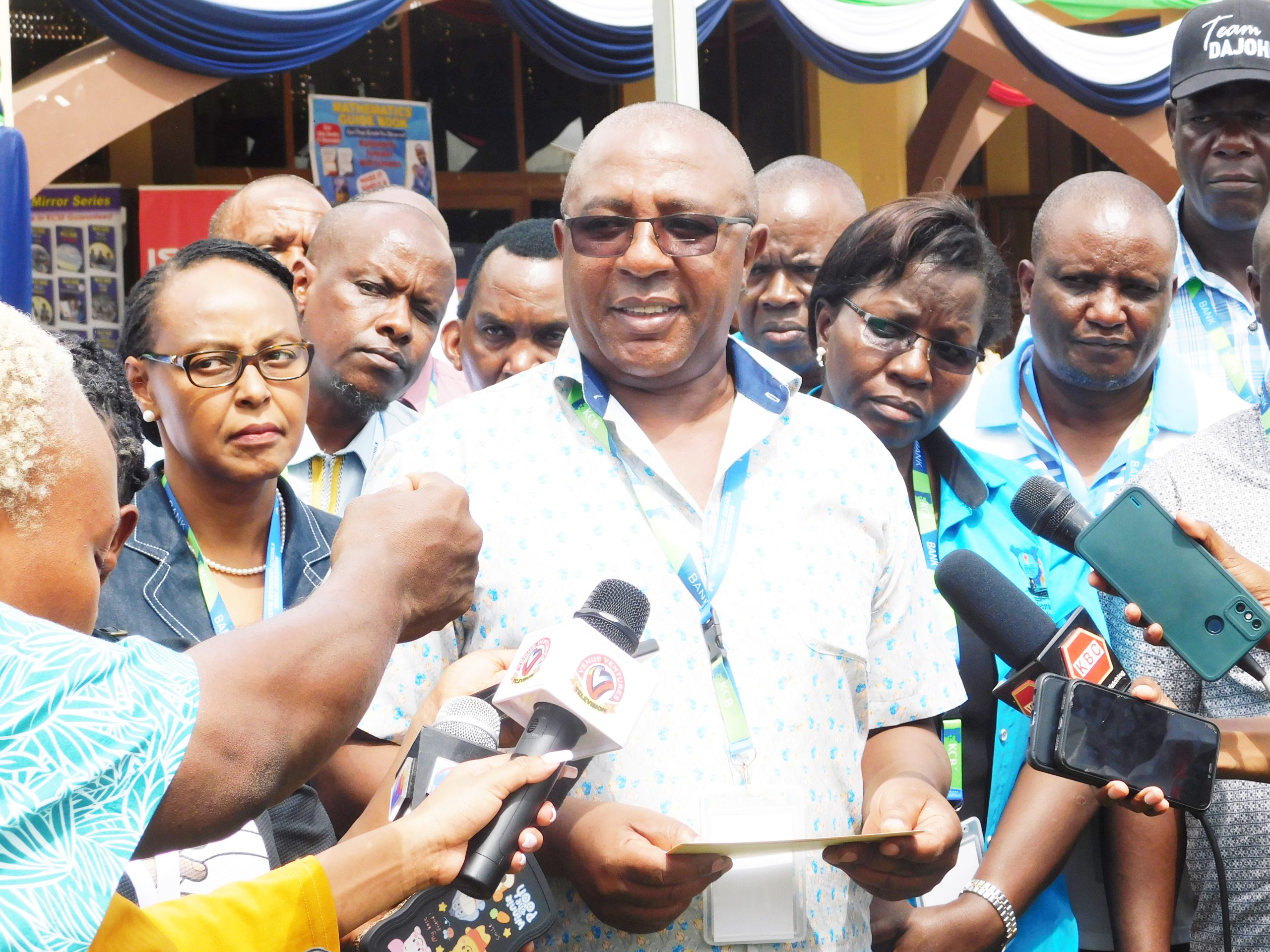Secondary school principals have raised concerns over the Teachers Service Commission’s (TSC) promotion criteria, criticizing them as unfair to teachers in regions with more qualified candidates.
Through the Kenya Secondary Schools Heads Association (KESSHA), the principals have petitioned the TSC and the National Assembly, arguing that the promotion quota system disadvantages densely populated areas with more qualified teachers. The petition concerns the 19,943 promotional positions the TSC advertised late last year, with interviews conducted in January 2025.
“A quota-based system will lead to a situation where teachers in certain regions are at a clear disadvantage by unfairly reducing opportunities for qualified teachers from regions that have a higher number of competent and deserving candidates.
In turn, it unduly favors candidates from other regions with fewer qualified teachers, even if they have fewer years of experience and lower performance ratings,” reads the letter signed by Kessha chair Willy Kuria.
He revealed that the association contacted the Education Committee of the National Assembly after failing to get a response from the TSC.
“We easily got the information from the county directors, and when we complained and wrote to the TSC, they never disputed the information. This was mainly favoring ASAL areas,” Kuria said.
Additionally, Kuria pointed out that teachers who applied for promotion to Job Group Deputy D2 and below (deputy principal II – secondary school) were excluded from the shortlist despite meeting the set requirements.
“The foregoing happened in some regions while six months were considered in others, and the teachers were shortlisted. The upshot of that is that it will result in significant advantages for some regions while drastically disadvantaging others in what can correctly be surmised as marginalizing some regions,” Kuria said.
He warned that this trend could lead to teachers stagnating in job groups due to the geographical regions they are posted to.
“A promotional interview should prioritize merit, experience, and individual achievement. The imposition of a regional quota system undermines these principles by promoting teachers based on their geographical position,” the petition further reads.
Kuria urged the commission to adopt alternative approaches to promote inclusivity and diversity. “We urge the TSC to clearly communicate the criteria and qualifications expected and adhere to it to avoid giving the applicants a false sense of hope,” he said.
READ ALSO:
Africans in Germany providing e-learning opportunities for Africans to learn German
The commission has long faced challenges in promoting teachers due to budgetary constraints, which have left many teachers stuck in the same job groups for extended periods.
Recently, the Kenya Union of Post-Primary Education Teachers (KUPPET) also demanded that the TSC publish a list of all teachers eligible for promotion in the 2024–2025 cycle.
The union further called for a fair distribution of promotion vacancies, arguing that the current allocation does not reflect the disparities in teacher numbers across counties.
“Given the disparities in staffing levels across the country, such distribution is inherently flawed and unfair to many teachers. A county with over 11,000 teachers has been allocated identical vacancies as another with just 1,000 teachers.
The clear implication is that a teacher in the smaller county is 10 times more likely to get promoted than their counterpart in the more populous county,” said Kuppet acting secretary-general Moses Nthurima.
By Joseph Mambili
You can also follow our social media pages on Twitter: Education News KE and Facebook: Education News Newspaper for timely updates.
>>> Click here to stay up-to-date with trending regional stories
>>> Click here to read more informed opinions on the country’s education landscape
>>> Click here to stay ahead with the latest national news.






